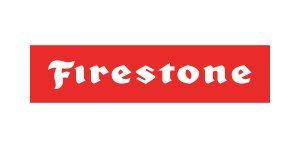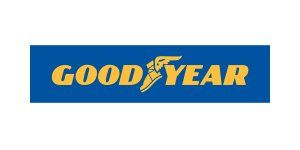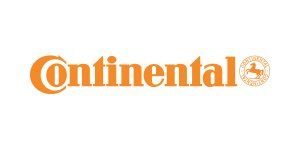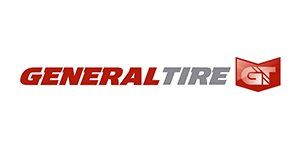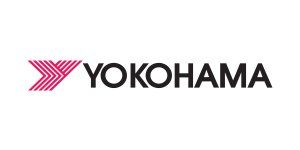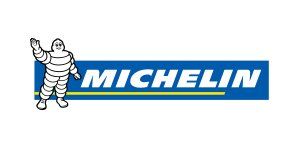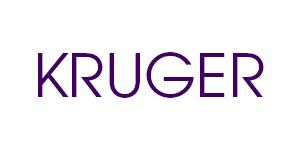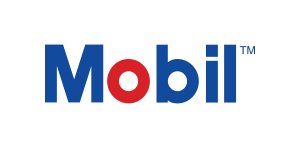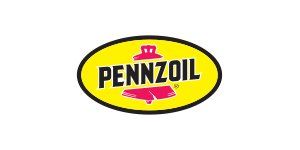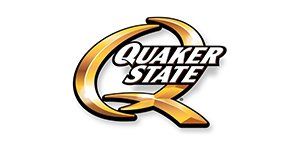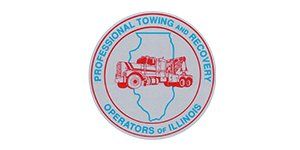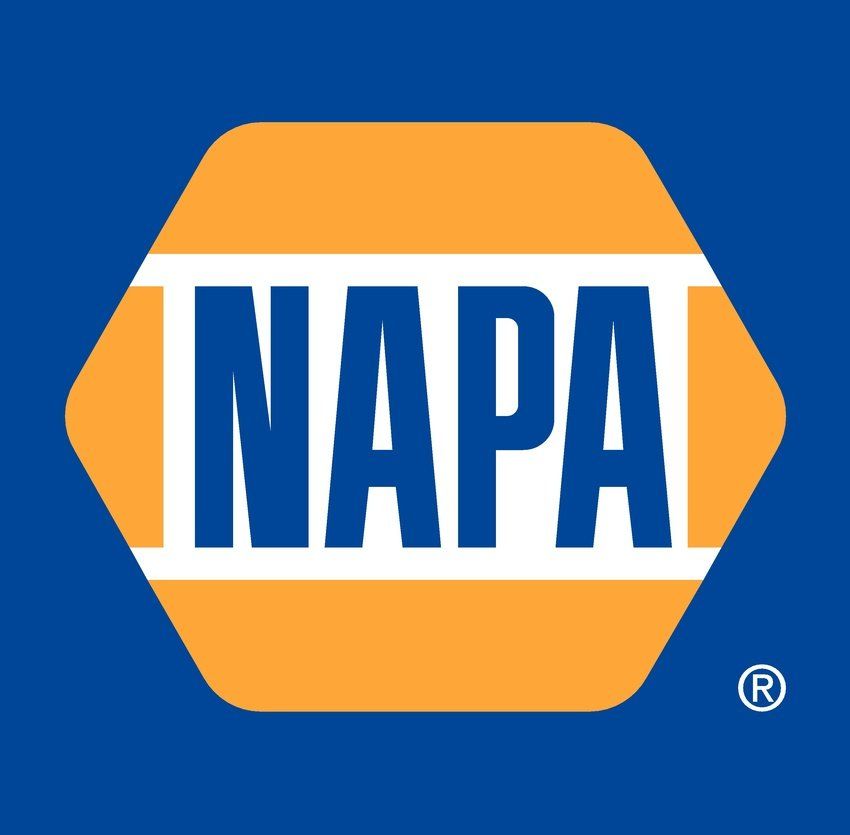209 N Prairie View Rd, Mahomet, IL
Frequently Asked Questions
FREE Estimates with Repair | ASE Certified | Over 20 Years of Experience
FREE Estimates with Repair
ASE Certified Over 20 Years of Experience
FREE Estimates with Repair | ASE Certified | Over 20 Years of Experience
Feldkamp's West Automotive & Towing
Customer Reviews
FREE Estimates with Repair | ASE Certified | Over 20 Years of Experience
FREE Estimates with Repair
ASE Certified
Over 20 Years of Experience
Frequently Asked Questions
How often should I get my oil changed?
The frequency at which oil changes are required is determined by various factors such as the vehicle type, driving conditions, and the type of oil utilized. It is important to adhere to the manufacturer's recommendations to maximize the engine's performance and longevity.
How often should I rotate my tires?
Regular tire rotation is crucial to maintain uniform tread wear and prolong the lifespan of your tires. Many vehicle manufacturers and tire experts recommend rotating your tires every 5,000 – 8,000 miles. This recommended mileage range for tire rotation helps to ensure even tire wear. Tire rotation at these intervals is essential to preserve tire performance and safety and maximize the longevity of your tire investment. If you're uncertain about the appropriate tire rotation schedule or detect any unusual wear patterns, seek personalized advice from your automotive technician based on your vehicle and driving habits.
How often should I get my wheels aligned?
Wheel alignment ensures that your vehicle's wheels are properly aligned with each other and the road surface, optimizing handling, steering response, tire wear, and fuel efficiency. Some general guidelines to follow: after purchasing new tires, every 6 – 12,000 miles, hitting a pothole, curb, or any significant object that could affect your vehicle's suspension or steering, uneven tire wear patterns, or if you have had suspension components replaced or repaired.
How often should I have my air filters replaced?
The replacement frequency of your vehicle's air filters is dependent on the filter type and your driving conditions. The general recommendation is to replace them every 12,000-15,000 miles or at least once a year. Regular replacement of your car's air filters is essential to maintain optimal engine performance, fuel efficiency, and a pleasant interior environment. If you are uncertain about the status of your air filters or when they were last changed, it's advisable to have them inspected during your next service appointment.
How often should I replace my wiper blades?
Maintaining clear visibility and ensuring your safety on the road, especially during rain or snow, is crucial, and regularly changing your wiper blades can help achieve this. It's advisable to renew your wiper blades every 6 to 12 months, regardless of their apparent condition, to ensure they keep clearing your windshield effectively without streaking or skipping.
How do I know when to change my transmission fluid?
Manufacturers often suggest that transmission fluid be replaced every 30,000 to 60,000 miles for regular driving. For more demanding driving conditions like towing, hot climates, or stop-and-go traffic, it may be necessary to change the fluid more frequently (every 15,000 to 30,000 miles). Certain vehicles have a maintenance schedule that involves a complete replacement of old fluid with new fluid, known as a transmission fluid flush or exchange.
When do I replace the timing belt?
It is crucial to replace the timing belt as recommended by the manufacturer to prevent expensive engine repairs and ensure the dependable performance of your vehicle. Timely replacement and regular maintenance of the timing belt can prolong the life of your engine and give you peace of mind while driving. Even if your vehicle has not yet reached the mileage specified by the manufacturer, it's a good idea to consider replacing the timing belt if it is close to 5 to 7 years old.
Replacing the timing belt often involves replacing the water pump as well, since the water pump is generally powered by the timing belt. It is cost-effective to replace both components at the same time to avoid potential future labor expenses.
Do you offer warranties on your services?
Our services come with a one-year labor warranty, and the parts warranty depends on the manufacturer.
Do you use OEM (Original Equipment Manufacturer) parts?
In certain situations, OEM parts are necessary, but if not, we opt for cost-effective aftermarket parts of good quality, unless the customer specifies otherwise.
Aftermarket parts are more affordable, easier to find, and provide a greater variety of choices.
Can you diagnose the problem if my check engine light is on?
The check engine light doesn't specifically identify the problem, but it indicates that something is wrong. Our advanced scan tool can retrieve precise trouble codes, which will serve as a starting point for identifying the issue.
What should I do if my car breaks down?
If you can bring it to the repair shop without any risks, please do that. If not, then please give us a call so we can arrange for a tow.
Our Facebook Feed
Contact Us
Mahomet, IL 61853
Towing: 217-367-7888

